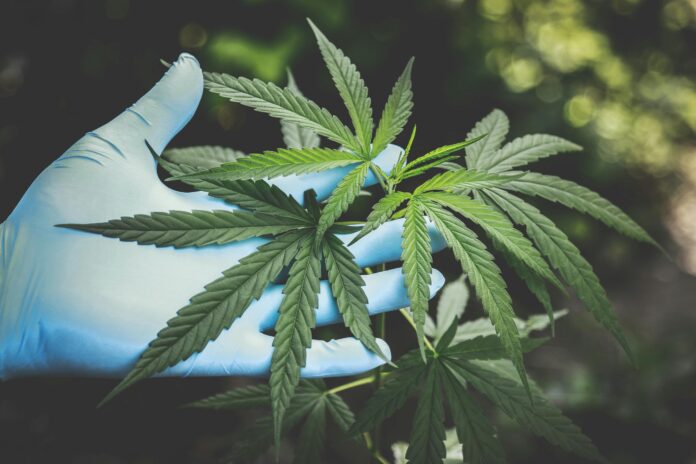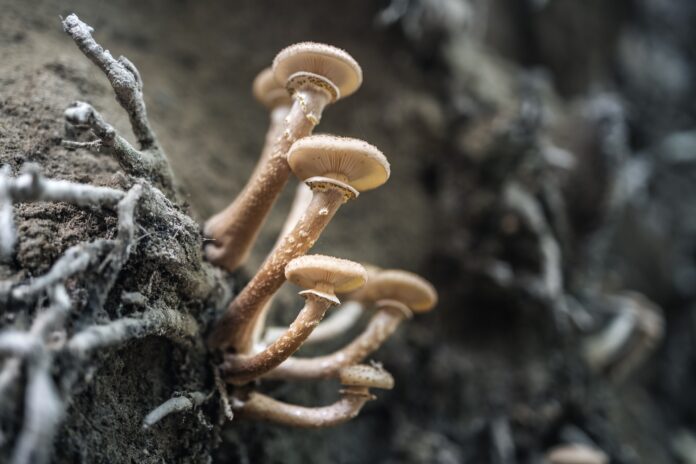Utah is making waves in the field of psychedelic-assisted therapy, marking a significant move in both medical and legal sectors. With its Governor Spencer Cox opting not to veto legislation, Utah is set to create a new psychedelics pilot program that allows the use of psilocybin and MDMA within select healthcare systems.
Quick Links:
Embracing Change: Utah’s Psychedelic Pilot Program
In a surprising move, Governor Cox allowed Senate Bill 266 to pass without his signature, establishing a pilot program for the administration of psilocybin and MDMA within two prominent healthcare institutions—Intermountain and the University of Utah Health. This legislation, effective from May 1st, 2024, signifies a pivotal shift in Utah’s treatment landscape.
Addressing Mental Health Challenges
Utah’s mental health statistics, including high rates of depression and youth suicide, underscore the urgency of innovative solutions. The bipartisan support for SB 266 reflects a recognition of the need to explore alternative therapies for conditions like treatment-resistant depression and PTSD.
Building Bridges Between Research and Treatment
By confining the program to Phase 3 clinical trials and requiring treatment in approved medical facilities, Utah aims to bridge the gap between research and clinical application. Rigorous monitoring of patient outcomes and safety measures will inform future directions of the program.
Navigating Regulatory Challenges
Despite state-level progress, psilocybin and MDMA remain federally classified as Schedule I drugs, posing regulatory challenges. Utah’s pioneering initiative prompts questions about the interplay between state and federal law in the realm of healthcare.
A Beacon of Progress
Utah’s passage of the psychedelic pilot program bill signals a progressive stride forward, particularly within its conservative landscape. This development, coupled with FDA’s guidance on psychedelic research, reflects a shifting paradigm in mental health treatment.
FAQs (Frequently Asked Questions)
1. What does Utah’s psychedelics pilot program entail? Utah’s pilot program allows the use of psilocybin and MDMA within select healthcare systems for Phase 3 clinical trials targeting conditions like treatment-resistant depression and PTSD.
2. Why did Governor Spencer Cox allow the legislation to pass without his signature? Governor Cox cited overwhelming legislative support as his reason for allowing SB 266 to pass, despite his reservations about disregarding the input of the state’s task force on psilocybin research.
3. How will patient safety be ensured in the psychedelic pilot program? Approved medical facilities will adhere to stringent regulations, monitoring patient outcomes, adverse effects, and overall effectiveness of psychedelic-assisted therapy.
4. What are the regulatory challenges associated with psychedelic therapy in Utah? Psilocybin and MDMA remain federally classified as Schedule I drugs, highlighting the legal complexities surrounding their use despite state-level initiatives.
5. What does Utah’s progress in psychedelic therapy mean for other states? Utah’s initiative may inspire other conservative states to explore alternative mental health treatments, signaling a broader shift in attitudes towards psychedelic-assisted therapy.
Photo by Shahid Tanweer


















